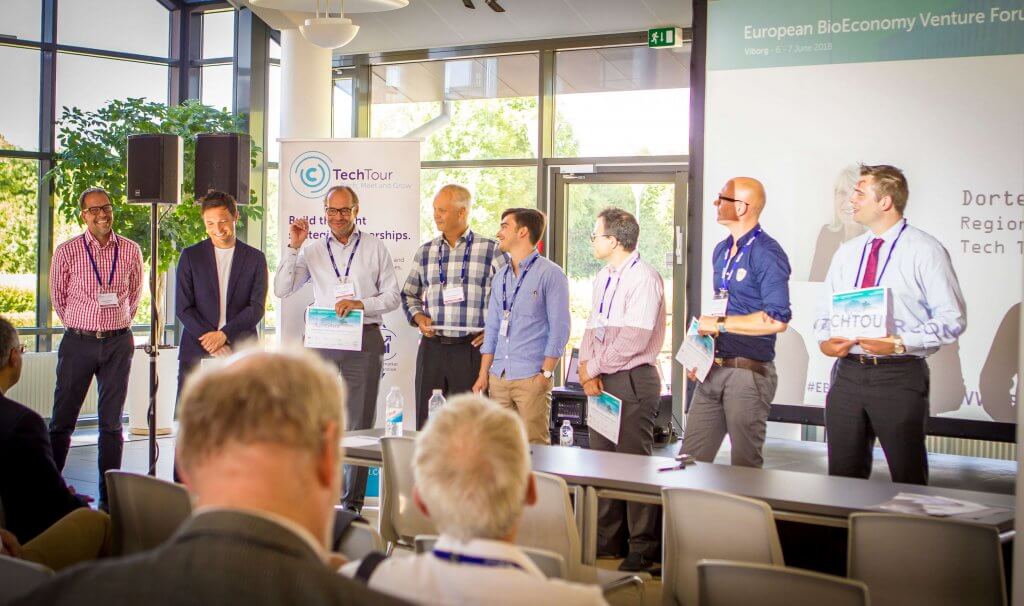Denmark is known for many things – wind power, interior design, LEGO, Noma, Little Mermaid bicycles, hygge. The country is often listed among the safest, freest, best governed, and most livable countries in the world. Strong entrepreneurial culture, stable economy and international talent put Danish startups on the top position in the Nordics. Characterized as one of the best places in Europe for startups, the country has given rise to global leaders like Zendesk, Pleo, Tattoodoo, Skidos, Easysize and the list goes on. Realising that the future lies in sustainability and innovation, the country taps into a new domain – bioeconomy.
What is bioeconomy and why does it matter for startups?
Bioeconomy is based on the sustainable use of renewable resources. It is a circular production model where waste and resources are being reused in production. Bioeconomy plays a great role in agricultural production, machine production, knowledge and technology, food and service. For startups that means that they can be the first in the field developing products and services that use resources in an intelligent and environmentally sustainable way.
Bioeconomy is not only profitable for the environment, it has a potential for good returns:
‘Denmark has a unique opportunity to position itself in bioeconomy because we have an adaptable agricultural sector and access to biomass from ocean, fjord and land. The cards have not yet been dealt in this field, so we have the opportunity to put a pin on the world map as a pioneering a country’, says Mette Skøt, Director at Vækstfonden, the Danish Growth Fund.
Vækstfonden supports a number of initiatives in the country that promote bioeconomic development. European BioEconomy Venture Forum, one of the recent ones, brought in and gave a stage to the most active European startups working in the field of bioeconomy, and matched them with international experts and investors.
 ‘For many investors, bioeconomy is still new territory. In the Danish government, the great potential in bioeconomy is already recognized. But we need to connect investment cases and capital’, explains Lars Visbech Sørensen, CEO at Agro Business Park, co-host of the event, which picked 22 startups to present their environmentally sound solutions.
‘For many investors, bioeconomy is still new territory. In the Danish government, the great potential in bioeconomy is already recognized. But we need to connect investment cases and capital’, explains Lars Visbech Sørensen, CEO at Agro Business Park, co-host of the event, which picked 22 startups to present their environmentally sound solutions.
Bioeconomy is a niche in the venture scene and Danish startups get a hold of it with new innovative solutions. For example, AquaGreen converts sludge from fish farming to energy and fertilizers with soil-enhancing effects, AMOV Apparel creates responsible fashion in sustainable, organic materials, Sensowave develops IoT and big data solutions for industry and livestock, Kaffe Bueno extracts oils for skincare from coffee grounds, Citylogistik works a green delivery concept that will reduce pollution in city areas and the list goes on and on.
What is the state of bioeconomy in your country? Are the many startups working in the field? Let us know in the comments.





